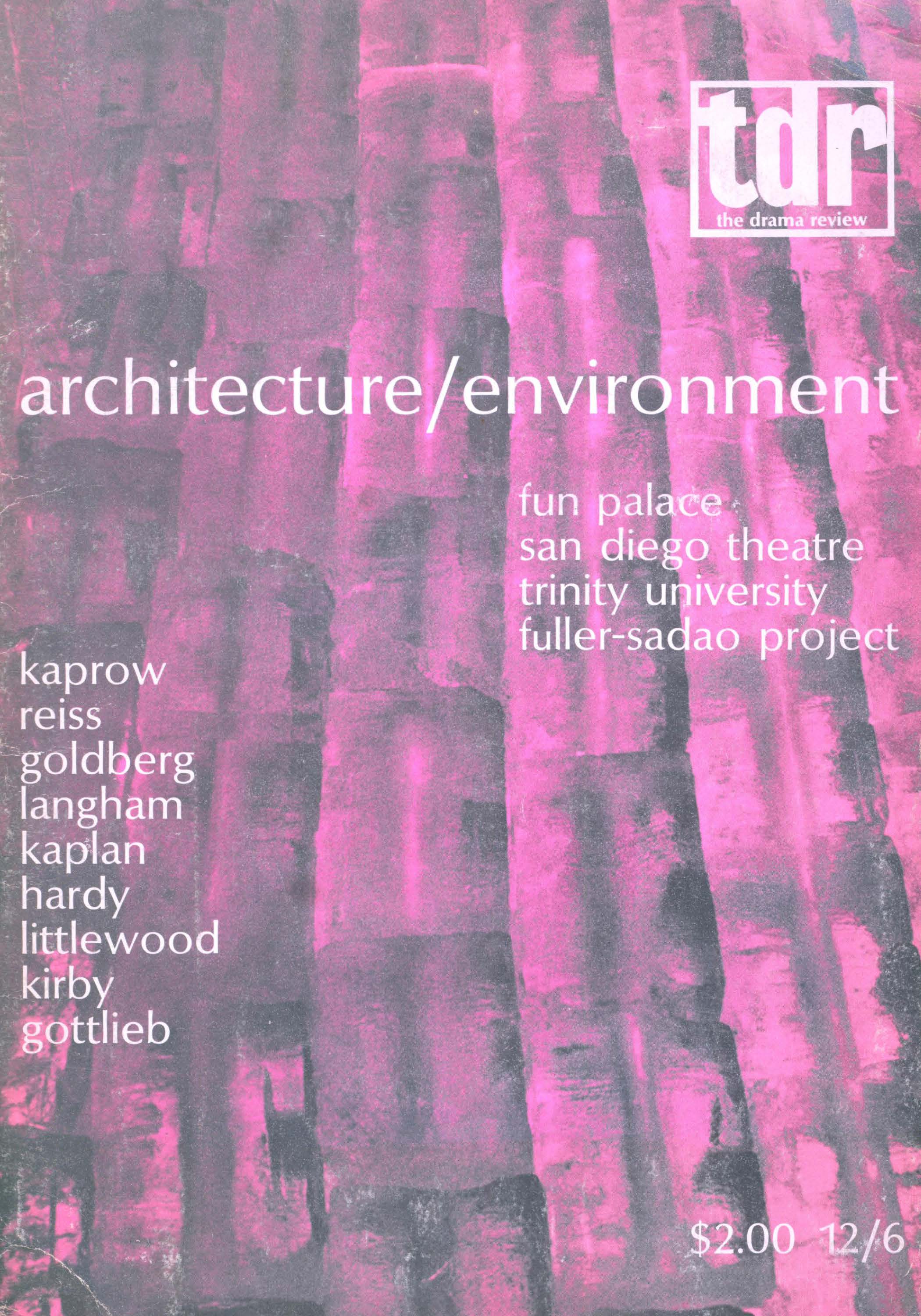Article contents
Drama, Script, Theatre, and Performance
Published online by Cambridge University Press: 07 December 2021
Extract
The phenomena called either/all “drama,” “theatre,” “performance” occur among all the world's peoples and date back as far as historians, archeologists, and anthropologists can go. Evidence indicates that dancing, singing, wearing masks and/ or costumes, impersonating either other men, animals, or supernaturals, acting out stories, presenting time at time, isolating and preparing special places and/or times for these presentations, and individual or group preparations or rehearsals are coexistent with the human condition. Of countless examples from paleolithic times none is more interesting than the cave at Tuc d'Audoubert:
A sunken river guards the fearsome Tuc d'Audoubert, two hundred long underground feet of which one breasts or boats upon before the first land; then comes a precarious thirty-foot steep shaft up ladders placed there and slippery pegs; and next a crawl through claustrophobic low passages, to reach the startling footprints of ancient dancers in bare feet and the models of copulating bisons, in clay on the floor beyond.
- Type
- Research Article
- Information
- The Drama Review , Volume 17 , Issue 3: Theatre and the Social Sciences , September 1973 , pp. 5 - 36
- Copyright
- Copyright © 1973 The Drama Review
References
1 See La Barre (1970), 387-432, and Giedion (1962). These, in turn, are copiously documented
2 La Barre (1970), 397.
3 The film, The Hunters (NYU Film Library), depicts the giraffe hunt of a small group of Kalahari tribesmen.
4 Note that contemporary sexual aesthetics prefer upright (dry) breasts; nor is sheer fecundity a value among us.
5 See Giedion (1962) for many photographs supporting this assertion.
6 Giedion (1962), 190-192.
7 Most probably this teaching was not formal, but through imitation. However, a case could be made that the inaccessibility of the caves indicates an esoteric cult, and that the “secrets” of the cult would be definitely and formally transmitted.
8 A council grounds is a temporary village established by Australian authorities to facilitate cooperation and exchange rather than combat which had been the principle means of contact among many Highlands groups. Several forms of Asian drama and meditation have been derived from martial training. The dancing at Kurumugl was a direct adaptation of fighting modes; a conscious inhibition of combat which led to a transfer of energy from thrusting shoulders (shooting arrows or throwing spears) to the thighs and legs: the unique, knee-kicking, dancing-running-in-place.
9 Giedion (1962), 284.
10 La Barre (1972), 410.
11 La Barre (1972), 410.
12 Giedion (1962), 284
13 Goodall (1972), 66-67.
14 Lorenz (1967), 54-103.
15 Lorenz (1967), 54-55.
16 Lorenz (1967), 74.
17 Huizinga (1955), 13.
18 Loizos (1969), 228-229.
19 Loizos (1969), 252. There are cases of autism developing in chimps because of isolated rearing.
20 Loizos (1969), 269.
21 Loizos (1969), 270.
22 Goodall (1972), 205.
23 Hunting is more strategic than farming. Farming involves the simplest strategies only; most of it is hoping that the right combination of rain and sun will bring the crop to fruition. The smaller the farm the less strategy needed; and the activity called “gathering” is the most passive of all.
24 Loizos (1969), 229.
25 I know that traditional scholarship identifies sacrifice with agriculture, particularly in ancient Egypt and the mid-East; but I think it could also be connected to hunting. Furthermore, I believe that warfare is mainly an adaptation of hunting behavior, and in this sense all human societies are hunting societies, since all make war.
- 26
- Cited by


